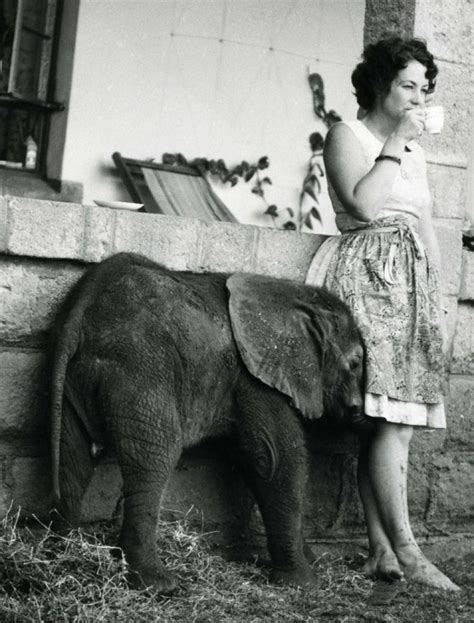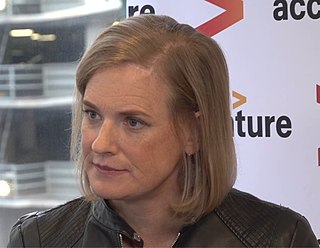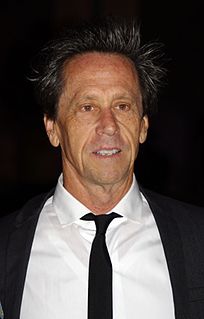A Quote by Jane Goodall
The more we learn of the true nature of non-human animals, especially those with complex brains and corresponding complex social behavior, the more ethical concerns are raised regarding their use in the service of man - whether this be in entertainment, as "pets," for food, in research laboratories, or any of the other uses to which we subject them.
Related Quotes
99% of our uses of animals, including our numerically most significant use of them for food, do not involve any sort of necessity or any real conflict between human and nonhuman interests. If animals matter morally at all, then, even without accepting a theory of animal rights, those uses of animals cannot be morally justified.
[G]enes make enzymes, and enzymes control the rates of chemical processes. Genes do not make "novelty seeking" or any other complex and overt behavior. Predisposition via a long chain of complex chemical reactions, mediated through a more complex series of life's circumstances, does not equal identification or even causation.
Complexity has and will maintain a strong fascination for many people. It is true that we live in a complex world and strive to solve inherently complex problems, which often do require complex mechanisms. However, this should not diminish our desire for elegant solutions, which convince by their clarity and effectiveness. Simple, elegant solutions are more effective, but they are harder to find than complex ones, and they require more time, which we too often believe to be unaffordable
Animals are indeed more ancient, more complex and in many ways more sophisticated than us. They are more perfect because they remain within Nature’s fearful symmetry just as Nature intended. They should be respected and revered, but perhaps none more so than the elephant, the world’s most emotionally human land mammal.
Whenever the powers of government are placed in any hands other than those of the community, whether those of one man, of a few, or of several, those principles of human nature which imply that government is at all necessary, imply that those persons will make use of them to defeat the very end for which government exists.
The more complex our economy, the more we should rely on the miraculous, self-adapting processes of men acting freely. No mind of man nor any combination of minds can even envision, let alone intelligently control, the countless human energy exchanges in a simple society, to say nothing of a complex one.
Many good Christians are confused about complex social issues of our day, such as doctor-assisted death or medical research which uses stem cells from human embryos. They wonder, 'Why shouldn't science use discarded fetuses for research?' And if someone finds his medical condition intolerable and hopeless, 'why shouldn't he have the legal right to end his life?' Although the Bible does not address these issues in particular, it does provide guiding insights.
The intelligence displayed by many dumb animals approaches so closely to human intelligence that it is a mystery. The animals see and hear and love and fear and suffer. They use their organs far more faithfully than many human beings use theirs. They manifest sympathy and tenderness toward their companions in suffering. Many animals show an affection for those who have charge of them, far superior to the affection shown by some of the human race. They form attachments for man which are not broken without great suffering to them.
As we build systems that are more and more complex, we make more and more subtle but very high-impact mistakes. As we use computers for more things and as we build more complex systems, this problem of unreliability and insecurity is actually getting worse, with no real sign of abating anytime soon.
The most basic act of awareness or knowing that we can demonstrate in science. I postulate that that is the very basis of why we're conscious at all, that it is this relationship at the quantum level as matter evolves into more complex form, including plants and animals and living substance and ourselves, that this area of consciousness as an awareness becomes more and more complex.
We're interested in complex characters and he's a complex character, [J. Edgar] Hoover. I like these types of dramas. I've made a few of them and I'm also interested in power structures so it just has elements that fascinate me, and the more you learn about Hoover, the more polarizing you realize he is.




































